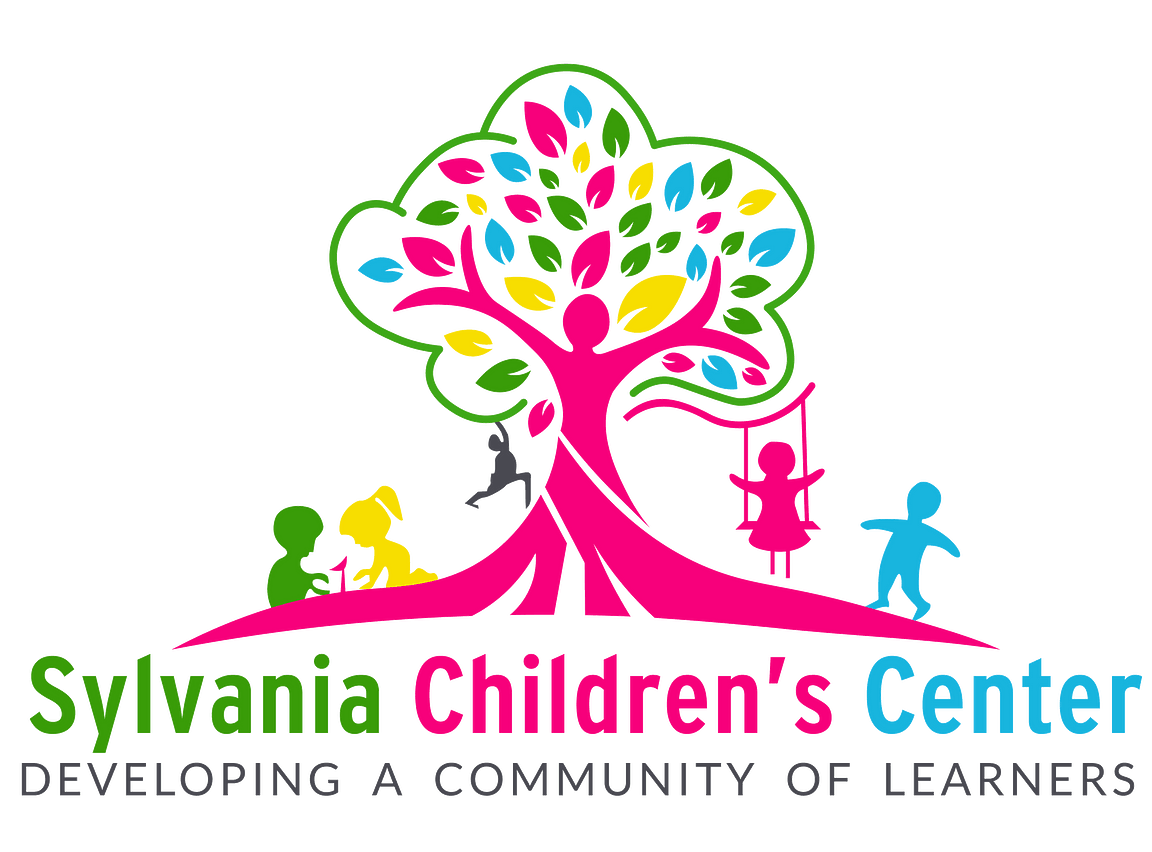|
Call Us Today: |
|
|
Talmadge Campus |
419.597.5172 |
|
Holland-Sylvania Campus |
419.721.6070 |
We offer part time and full time programs, available for all age groups.
Our centre is dedicated to working with children and families to best meet your child’s needs.
An Overview of SCC’s Philosophy and Curriculum
We recognize the importance of play for child’s social emotional and intellectual development, while balancing both free and intentional play. By developing young children’s creativity and imagination, we prepare them for a life filled with questions that have no set answers and problems that require creative solutions. Teachers carefully design lesson plans to include a variety of hands on, minds on experiences for children’s learning and growth. Early childhood activities are the foundation for later learning.
An inspired approach to academics and the arts develops children’s hearts and minds
SCC understands the difference between academic and intellectual growth, and maintains a balance between the two. We value the intellectual growth of the child by developing their interest in the “ball” and the “baby”, while teaching the letter “b” as symbolic information to decode the mystery of reading.
Children in the preschool years are very sense-oriented. They learn when touching, looking, being actively involved in the topic at hand. Natural curiosity is stimulated through activities that require observation, organization and categorization. Intellectual growth thrives in a process of questioning, exploring, creating and sometimes being wrong. In fact, the process is most often more meaningful than the product. This is best portrayed in our approach to art activities.
Art is the universal language which plays a critical role in the children’s need for self-expression, sharing thoughts and making sense of the world. SCC children engage in process (versus product) art where the child is the origin of the artwork, where adult schemas and processes are not imposed on children, taking priority over more natural, more authentic ways of the visual communication of the child’s ideas or feelings.
Although art activities help children develop fine motor skills, self-confidence, creativity and imagination; teachers also recognize that art also has value in and of itself. Fostering the development of children's aesthetic sense and engaging them in creative experiences are also included in the objectives of art in our program. Activities that involve children in both making and enjoying art are essential as our objective to meet the needs of the whole child. SCC teachers will provide these activities in a process that is developmentally appropriate and that can be integrated throughout the curriculum.
Music is considered to be another form of language for young children. Daily exploration in music, movements, finger play and songs will enrich the child's ability to communicate in a variety of ways.
The Importance of Socialization
Socialization is known to be the most fundamental element of early childhood experiences for a young child. Children learn to take turns, to use materials independently, to have a friend. They develop language through play, learn to articulate their ideas and needs, and gain skills as members of a group. Projects can include children with different ability levels, thereby supporting cooperation and respect within the group. SCC values prosocial behavior in children by encouraging voluntary behavior that aims to help another; like generosity, providing comfort, kind and respectable language, and empathy. We understand that these behaviors can be performed for a variety of reasons, ranging from self-oriented desires (e.g., to get approval from peers, or to get something in return) to more altruistic reasons (e.g., because of concern for another person). Our aim is to provide opportunities to promote “other-oriented” behavior and to nurture empathy in our young children. The ability to feel empathy is directly related to form relationships. Children learn to care for others when they experience the feelings of being cared for themselves. Our goal is to have children learn how to be an individual in a group, and how to be constructive individuals for the rest of their lives. SCC believes that children will be better equipped to handle competition and pressure if they learn in a slower and more cooperative environment during their early years.
